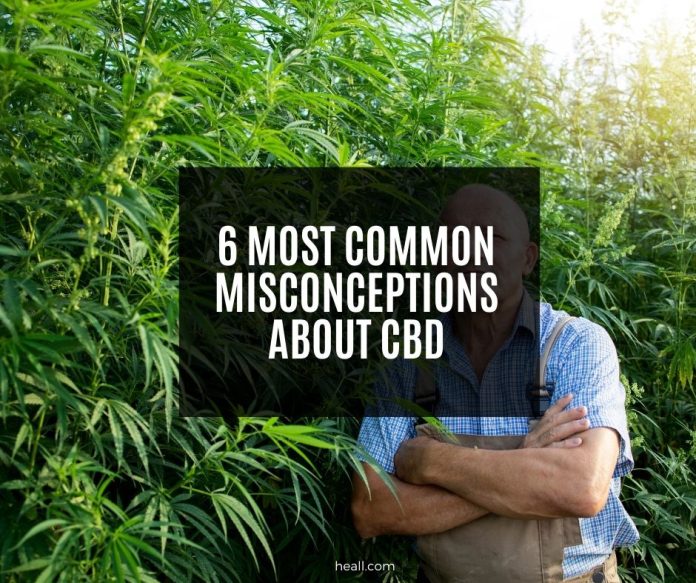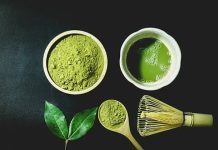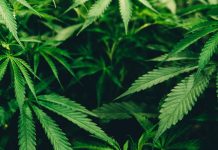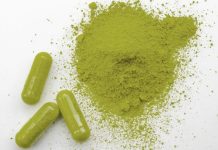The popularity of CBD has been on a steady rise for the last five years. Nowadays, you can find its presence in diverse products, right from muscle rubs and mascaras to lubes and teas. And this ever-increasing fame has also led the misconceptions about CBD to skyrocket in tandem.
Separating the legality, terminology, and benefits between cannabis and CBD is not a small task. Even with all the online ads and storefronts’ attempts to highlight the distinction, myths continue to take shape relentlessly in the users’ minds. So, what are these misconceptions that people have been harboring about CBD? Here’s taking a look at six of the most common ones that are widely believed.
Table of Contents
1. CBD leaves you high and intoxicated.
Let’s start with the most common and biggest misconception that exists about CBD. People tend to confuse marijuana with CBD, thereby thinking that the latter induces a high. THC is the psychoactive component found in cheap cannabis seeds, not CBD. Even though THC and CBD come from the same plant, CBD will not make you feel high or intoxicated. Consuming CBD free of THC will not make you experience psychoactive effects.
Moreover, CBD leaves an impact on the brain. It comes with many anti-anxiety properties, which can be highly beneficial for those suffering from mental health issues. It might even bring down those negative psychological impacts and the resultant anxiety left by THC. However, studies are yet to confirm the results on this matter.
CBD does affect the brain, though. Research has found that it has significant anti-anxiety properties through which cannabidiol can reduce the effects of oxidative damage. Thus, CBD can be beneficial for people with mental health disorders. It may even decrease the anxiety and other adverse psychological effects caused by THC, although studies have found inconsistent results on this topic.
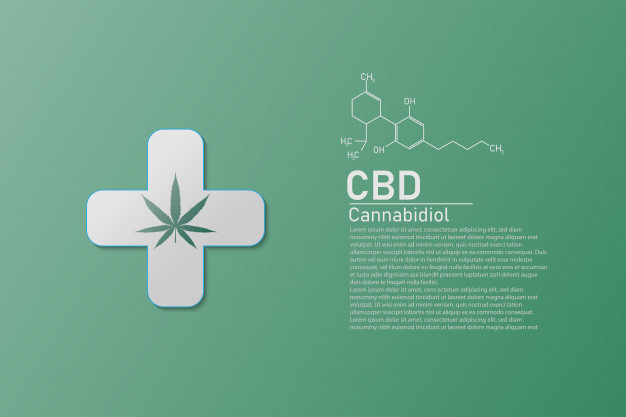
2. CBD gets converted into THC in the stomach.
A few years back, a research paper had surfaced, which claimed that CBD converts into THC in the stomach. The artificial gastric fluid used by the researchers had led to the conversion. It naturally made physicians and patients worried, and this misconception has been doing the rounds ever since. There is enough counter-research around to refute this claim. One study found that less than three percent of a CBD dose converts to THC in a body. Such a small amount is not enough to cause any harm or induce psychoactive effects.
Even the use of considerably high CBD doses has been found to have left no elevated traces of THC in the person’s body. This only shows that the artificial gastric fluid didn’t have the same components as the human stomach. So, if you are looking forward to buying quality CBD products, choose Lazarus Naturals.
3. Medical marijuana and CBD oil are essentially the same.
Medicinal benefits associated with both medical marijuana and CBD oil are not the same. Some medical marijuana strains might have low THC and high CBD, but most don’t have THC. The physical and mental effects of CBD oil are different because of the lack of THC.
Even the legalities are not the same between medical marijuana and CBD. The THC component of medical marijuana makes it come under stricter regulations than CBD oil.
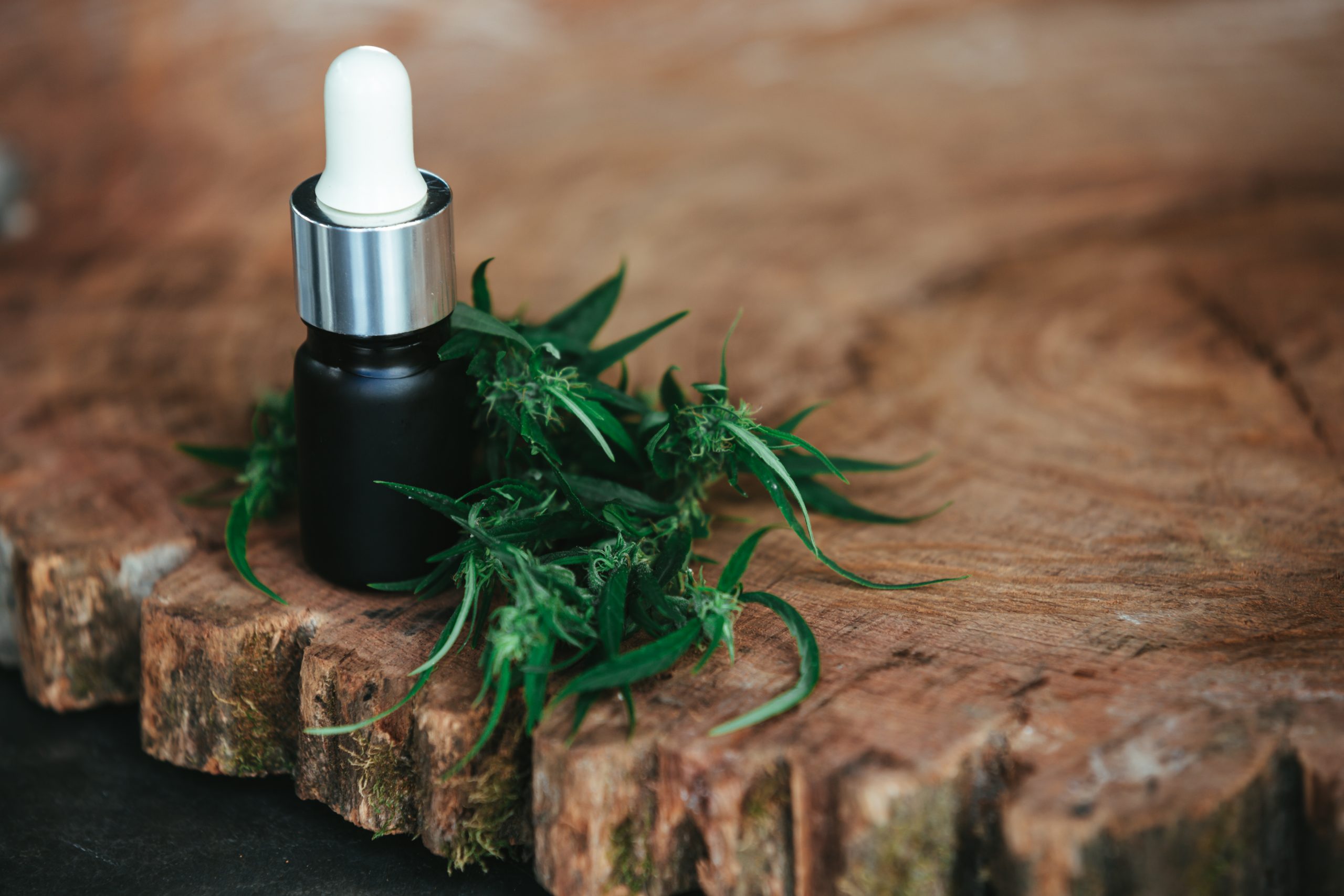
4. CBD is a cure for many health disorders
Studies have shown positive results regarding CBD’s health benefits, but it’s not yet time to call it a cure. Though CBD has helped alleviate the symptoms of several mental and physical health issues like cancer, epilepsy, glaucoma, irritable bowel syndrome, stress, and depression, it cannot eliminate those illnesses or disorders.
You have to think of CBD edibles to calm you down more as a supplement or a therapy rather than a cure. Giving it the label of a cure is merely misleading for the individuals who try hard to find a permanent solution for their disorders.
5. CBD works as a sedative and makes you addictive
This is another case of mistaken identity for CBD, where it gets termed as a sedative. Though THC is known to contain some sedative effects, it’s not the same as CBD. The substance might help to ease anxiety and enhance sleep quality, but it typically will not make you feel all tired. On the contrary, it might promote wakefulness and alertness. This study found CBD to increase alertness in rats, which made the researchers conclude that this was because of the compound’s active impact on the hypothalamus.
Besides that, many people think that once you start using CBD products, you might become addicted, which is wrong. They, especially CBD oil, prevent the addictive impacts of painkillers and morphine. According to the NIDA or National Institute of Drug Abuse, people addicted to a high dose of opioids can get a lot of help from CBD products, particularly in withdrawal symptoms.
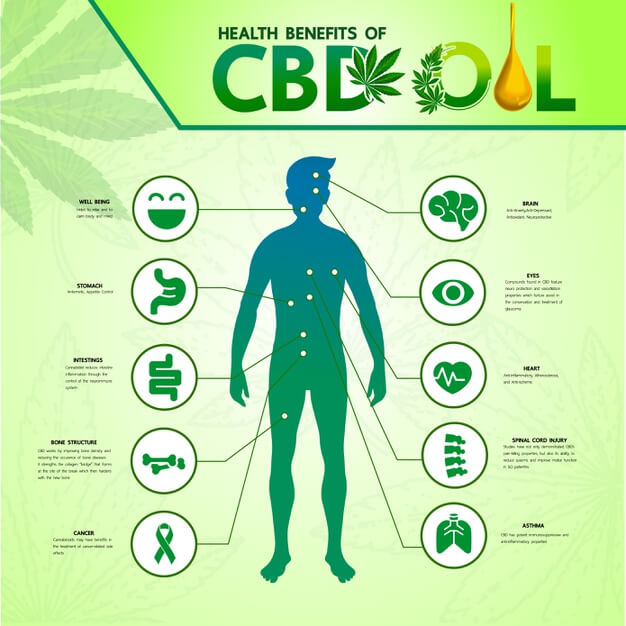
6. Taking more CBD to increase its effectiveness.
You take more of it, and you get more benefits from it. However, things are not that simple with CBD. Figuring out the correct dosage is one of the most challenging aspects of using CBD for most people. The dose that works for you might not be the right one for anyone else. Moreover, you might start feeling the CBD effects instantly, but your friend might take weeks or months to see any results.
You might have the biphasic nature of CBD to blame for this matter. In CBD, lower doses often have the opposite impact than the higher ones. The best way to figure out the right dose for yourself is to start small and go slow. When the increase in the CBD effects subsides, you will know that you have gone past the optimum dose. You will just be wasting your money if you continue to increase your CBD doses beyond this point.
The Bottom Line
CBD is a safe and effective option for alleviating several health issues symptoms, as long as you’re correctly using it. So, don’t let the misconceptions stop you from enjoying all the goodness of CBD. Do your research about the product you’re considering. Before incorporating it into your lifestyle and diet, make sure that you have researched and consulted experts on the recommended dosage.

